Fighting sleep deprivation is a nightmare for many people, but there are ways to make it easier for yourself and others to get a good night’s rest even when the surroundings is loud.
For those who have to deal with noisy hotels, busy intersections and rowdy roommates at home, sleep may be just around the corner.
To help you get some shut-eye, we’ve compiled a list of the industry’s best-kept secrets. Read through our guide to check out some common causes of sleepless nights, and learn tricks on how to sleep with noise.
The Brain’s Response to Noise
The quality of our slumber can be considerably harmed even when we receive enough sleep cumulatively and are frequently woken, regardless of whether we are in deep REM sleep or just dozing off. Furthermore, when we don’t get enough sleep, we put our productivity, mood, and mental health at danger.
During the lighter stages of sleep, you may be more sensitive to disruption, but background noise can wake people up from deep sleep as well.
In addition to disrupting your ability to sleep, noise can also negatively impact the quality of your slumber. Even when you’re asleep, your brain is still processing sound, even if you’re not aware of it.
Effects of Noise During Sleep
Getting a good night’s sleep can be difficult if you hear noises at night. Subtle changes in the amount of time we spend in various stages of sleep are caused by even the tiniest disturbances. As we sleep, we cycle through a number of different sleep stages, from light sleep (stages 1 and 2) to deep (slow wave) sleep (stage 3). (REM). Those who have studied the effects of air and vehicle traffic noise on sleep have found that it increases stage 1 sleep and decreases slow wave and REM sleep.
There may be an increased generation of adrenaline and cortisol as well as an increase in heart rate and blood pressure due to nighttime noise.
Researchers have shown that mice’s circadian rhythms are more sensitive to noise damage at night than they are during the day, and they speculate that this sensitivity may also apply to humans.
Short-Term Effects of Noise
Getting a good night’s sleep is essential for both physical and mental well-being. Despite the fact that you are unlikely to detect modest changes in your sleep structure and physiological experience of sleep, these alterations may manifest in more pronounced ways the following day. There is a link between the previous night’s noise exposure and the next day’s sleepiness, irritation, and overall mental wellness.
Long-Term Effects of Noise
High blood pressure, heart disease, obesity, type 2 diabetes, and some types of cancer have all been related to insufficient sleep quality over time. Long-term health impacts of noise exposure during sleep are less obvious, however studies suggest a link with high blood pressure, heart disease, and stroke, as well as an increase in the usage of sleep drugs and a decline in general well-being.
How to Sleep Through Noise
Slumbering through a party next door is a recipe for disaster. Here are a few ideas to help you get some shut-eye despite the noise.
Earplugs
Earplugs can be useful in a variety of situations, from snoozing on a plane to snoozing in a crowded hostel in Europe. Since they are pretty sticky but don’t leave behind an unpleasant after-taste, we prefer the soft, pliable, silicone sort that you can squash inside your ears.
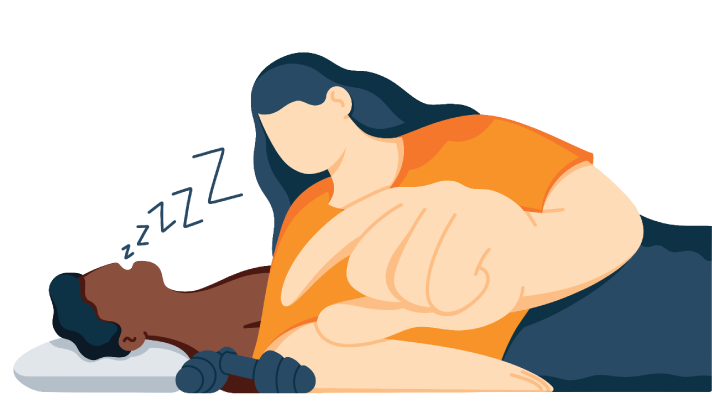
They should be able to stay in your ears all night long because of their firmness. These are also great for filtering out loud neighbors, so if your roommates blow off fireworks in your backyard, you’ll be able to sleep like a baby without hearing a peep from them.
White Noise Machine
Using a white noise machine could help you establish a peaceful state of mind. For example, a gentle whirring noise can assist sleepers in blocking out external noise and settling in for a restful night’s rest.
Multiple sound options are available from many different manufacturers. If you prefer the sound of the ocean, wind chimes, or fans, look for a machine that plays those noises.
Air Conditioner or Fan
The hum of an air conditioning unit, like a white noise machine, is a wonderful way to drown out loud noises. It’s easy to comprehend how our brains stop identifying the sound of a fan or air conditioner after some time if you think about how often we don’t hear the hum of an air conditioner or fan until it is turned off. Warm sleepers will like how well these keep them cool, as well as how much simpler they make it to fall asleep due to the noise.
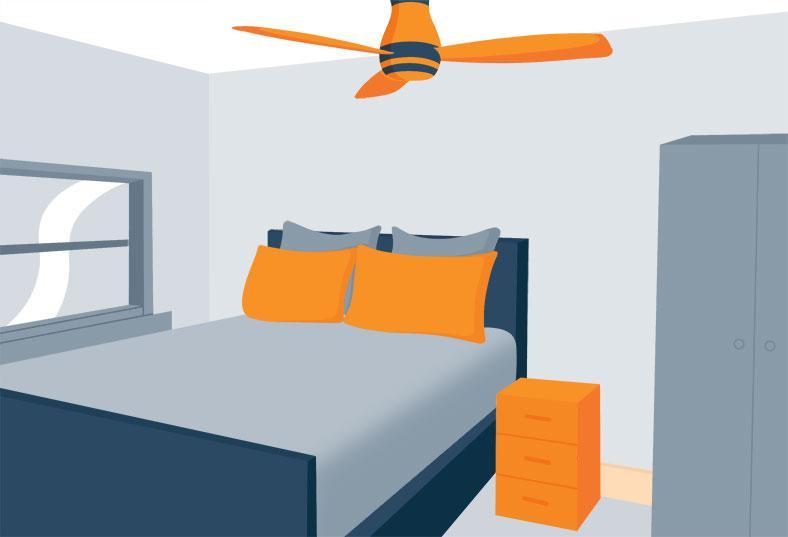
Distract Your Ears
Here are several low-cost, all-encompassing options for folks who want to keep things simple.
Deep Breathing
If you can’t filter out noise without earplugs, try these deep breathing techniques. They’ll help you relax your body and mind at the same time. To help you sleep, deep breathing[2] can drop your blood pressure, making it simpler for you to fall asleep. Deeply inhale through the nose and exhale through the mouth in a pattern that mimics a heartbeat.
Progressive Muscle Relaxation
In order to prepare the body for sleep, progressive muscle relaxation, a common tool in yoga, helps reduce physical tension in the body. Tensing and relaxing each part of the body one at a time begins from the top of the head and works its way down to the soles. A ball of light going through the body can help some people focus on certain areas.
Meditation
Meditation before going to sleep can help you relax your body and mind, allowing you to block out the noise around you. Meditation has also been shown to help lower blood pressure, boost immunity, and provide a sense of inner calm, according to study. All of these impacts may help you get a better night’s sleep, even if you’re in a noisy room with other people.
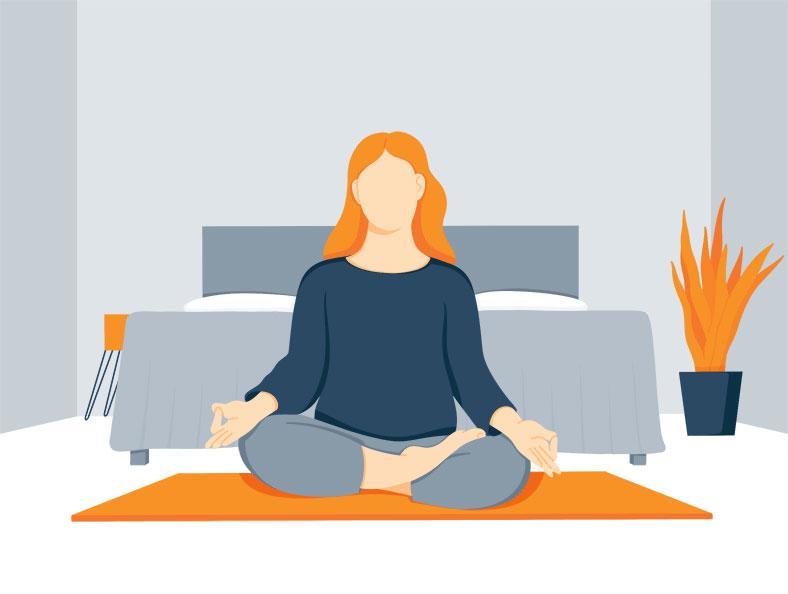
Soft Sounds
Playing a relaxing song or tranquil sound track may be precisely what the doctor ordered for those with sensitive ears.
Nature
Sleep quality may be improved by venturing out into nature and spending more time there. Distracting your thoughts and lulling you to sleep could be as simple as searching for a YouTube channel that features soothing sounds reminiscent of nature.
Music
You may be able to fall asleep better if music is playing in the background. In addition, research indicates that sedative music can improve sleep quality in a variety of individuals.
You may be able to fall asleep better if music is playing in the background. In addition, research indicates that sedative music can improve sleep quality in a variety of individuals.
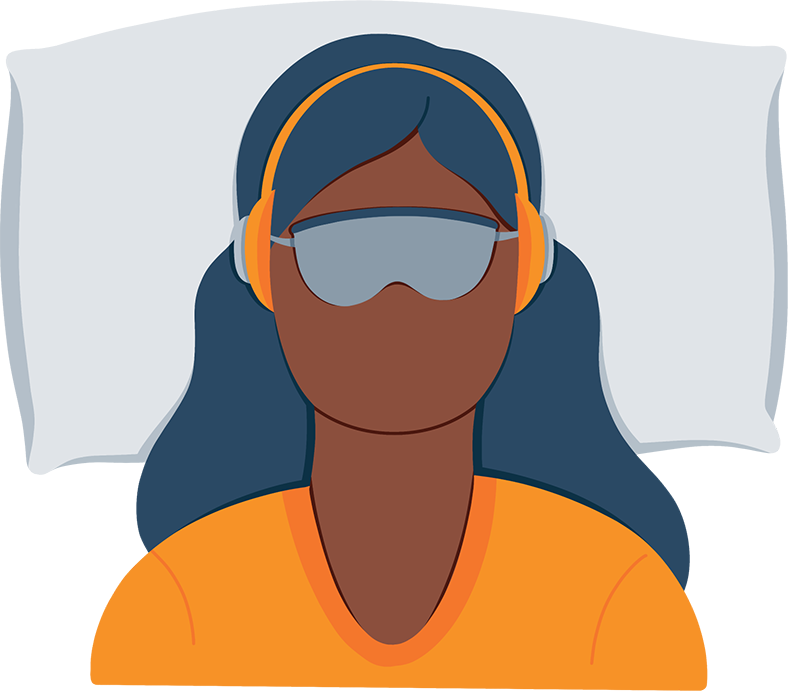
Exercise Before Bed
Sleeping better may be helped by music, which has been demonstrated to have a big impact on our brains. There is also evidence to support the idea that sedative music might enhance the quality of a person’s sleep in a variety of ways.
Follow a Bedtime Routine
Because our bodies and brains are intertwined, giving your mind the routine it loves may help you wind down for the night. While this may help you sleep, if you can go one step further and align your days more with the sun’s natural circadian cycle, you’ll find it much more easy to fall asleep.
Go to the Source and Have a Conversation
If you’re afraid of confrontation, you’re not alone, but if you approach your noise source with a friendly and polite demeanor, you may be able to resolve the issue. Aside from eliciting some empathy and potentially a quieter outcome, it’s possible that some people don’t realize how loud they are.
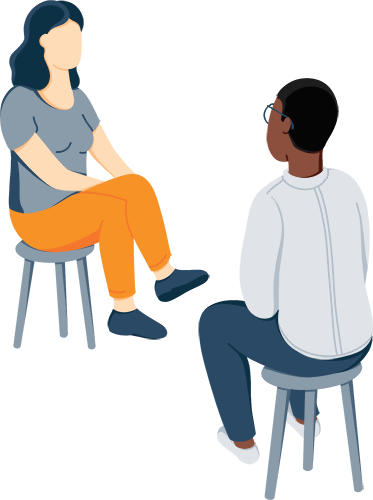
More Extreme Methods
Strategic Furniture Positioning
Create a barrier between your bed and outside noise with padded furniture. Consider shifting your bed to a quieter location of your home if necessary. For example, if your wall is next to a noisy person’s room, you may be able to fall asleep even if your mattress is placed in a quiet spot or closer to the door.
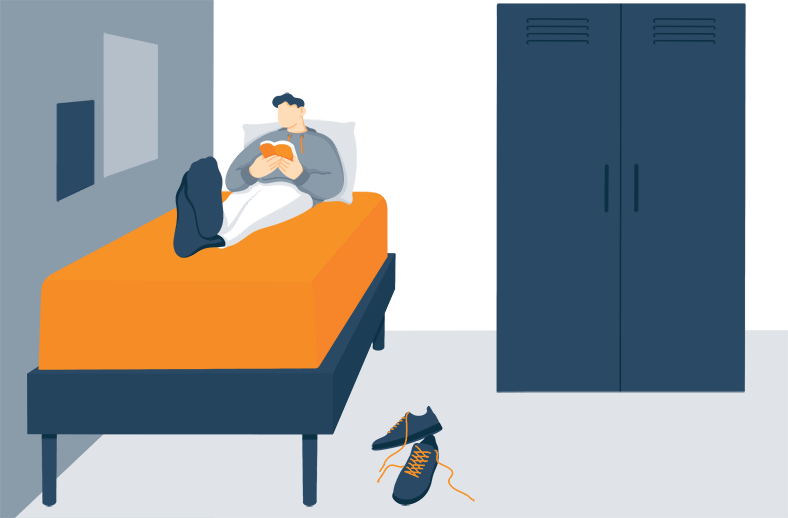
Use Blockers to Drown Out Noise
Washington Post reports that growing vegetation along the exterior of your home can help reduce sound pollution from nearby vehicles. Pillows, blankets, and towels, when appropriately arranged, can also assist dampen noises in the home.
Insulate Your Room
Adding soft materials to your space might assist reduce noise reverberation in rooms with a lot of hardwood or solid surfaces. Blackout curtains, rich tapestries and shag rugs could assist. It is possible to further reduce noise transmission by placing an absorbent material such as cork under your door’s little gap, such as this:
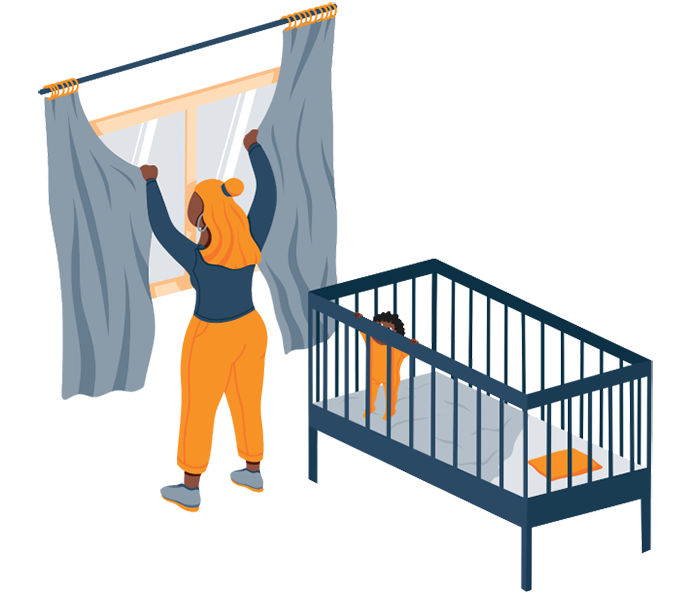
Special Tips for Travelers
Request a Quiet Room
Request a quiet room ahead of time if you know you’ll be sensitive to noise from other hotel guests. Ask the hotel clerk if a room is close to the lobby or the elevators. The fact that they are in the hospitality industry means that they are more than willing to comply with your request.
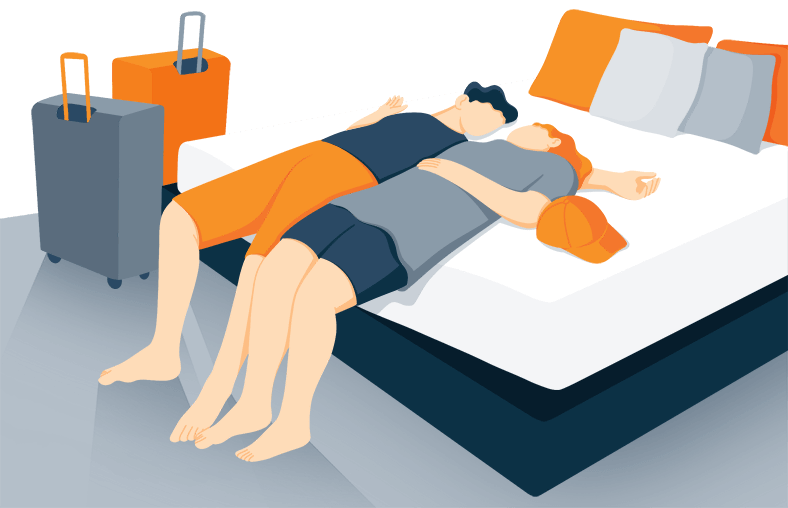
Read Online Reviews
Investigate the area you’re thinking of staying at to see if others have complained about the location’s excessive noise. Customers who have had a bad experience tend to write negative evaluations, which can serve as a warning to other guests and spare you from a night of sleepless torment.
Is It Better to Sleep in Silence or With Noise?
In an ideal world, everyone would have access to a soundproof bedroom. For most people, though, noise is a nocturnal reality.
If the techniques listed above aren’t adequate to reduce noise in your bedroom at night, you may want to consider using a “acoustic perfume” instead. It is possible to reduce the detrimental effects of noise exposure during sleep by using a constant background noise. Additionally, some people find that sleep preparation is aided by the use of white noise to drown out worried or intrusive thoughts.
A stream of background noise has yielded contradictory results in research investigations on whether it improves sleep quality. Adding sound from an air conditioner to the home has no influence on sleep, according to a recent study. The use of white noise in the rooms of hospitalized patients was studied in another experiment, and the results showed a significant improvement in sleep quality over the course of three nights when compared to the control group. In a third research of insomniacs, white noise was found to help patients fall asleep 38% faster. Because of the inconsistencies in the data, adding background noise may be a personal choice.
What Are the Best Sounds to Sleep To?
Noises that are loud enough to mask other sounds and keep a consistent tone and level may be beneficial for sleeping, but rapid sound shifts may wake you up. Try a few and discover which one works best for you. The following are a few suggestions to get you started.
- There are many ways to create white noise, but the most common is by stacking multiple frequencies at once. Consider purchasing a white noise machine or a white noise software for your mobile device to help you sleep better at night. Pink noise may be a better option if white noise is too harsh for you. An even and less layered sound can be achieved by mixing louder, high-frequency noise with a more subtle, low-frequency noise.
- Fans and air conditioners, which emit a steady stream of sound, can be used to mask annoying noises from the outside world.
- The songs that help you relax and drift off to sleep depend on your own personal taste and experience with music. You may make a playlist of songs that you find soothing, or you could look for tailored sleep playlists on streaming sites like Spotify or Pandora.
- Some people find it easier to sleep when they can hear the sounds of nature, such as rain, ocean waves, wind, and other such things. If you don’t already have a sleep sound machine, you can search for apps or sound files that you can download to your phone or tablet.
FAQs
How can I reduce traffic noise?
The use of shelving, thick curtains, or window sealant to block out street noise may help you get a better night’s sleep. Distracting noises like white noise generators or music playlists might help you concentrate on relaxing sounds instead of distracting ones. In addition, shrubbery is believed to be excellent at drowning out noise, so planting some greenery outside or within your home could help.
Silicone earplugs can be a lifesaver if the preceding methods fail. However, you should use caution when using them to prevent damage to your hearing.
What do you think?

![Top Rated CPAP Machine Buyer’s Guide [current_date format=’m/Y’]](https://bestpillowsleepers.com/wp-content/uploads/2023/03/best-cpap-machine-img_6405d72310053-400x300.jpg)
![The 11 Best Cooling Weighted Blankets [current_date format=’m/Y’]](https://bestpillowsleepers.com/wp-content/uploads/2023/01/best-cooling-weighted-blankets-img_63d4ff15c615d-400x300.jpg)
![Ultimate Guide to Choosing a Best Cooling Mattress Pads [current_date format=’m/Y’]](https://bestpillowsleepers.com/wp-content/uploads/2023/01/best-cooling-mattress-pads-img_63c403115126b-400x300.jpg)
![Ultimate Guide to Choosing a Best Cooling Mattress [current_date format=’m/Y’]](https://bestpillowsleepers.com/wp-content/uploads/2023/01/ultimate-guide-to-choosing-a-best-cooling-mattress-img_63bcdba870d77-400x300.jpg)
![Ultimate Guide to Choosing a Best Cooling Comforters [current_date format=’m/Y’]](https://bestpillowsleepers.com/wp-content/uploads/2023/01/ultimate-guide-to-choosing-a-best-cooling-comforters-img_63bba2f5cd3ce-400x300.jpg)